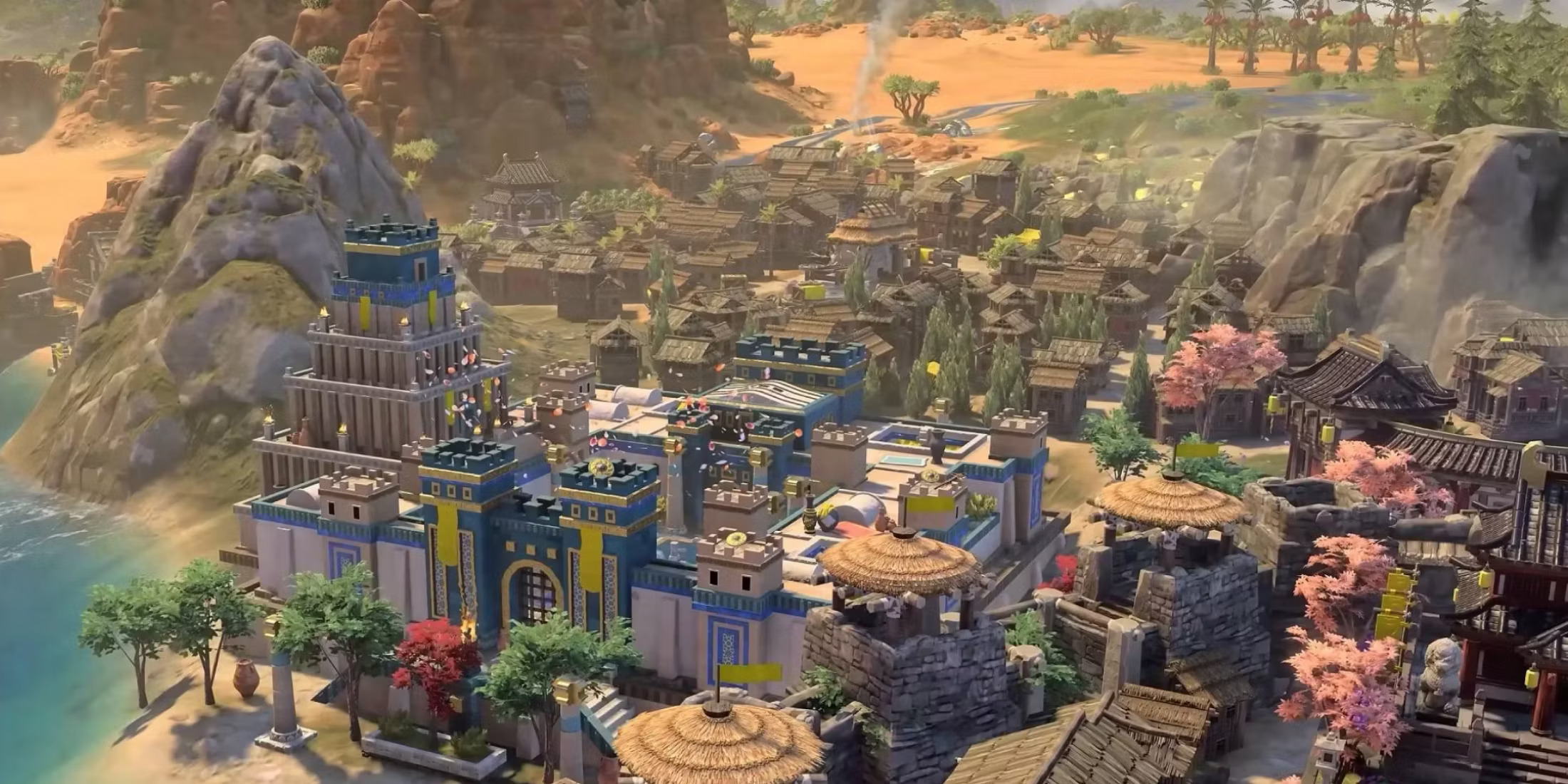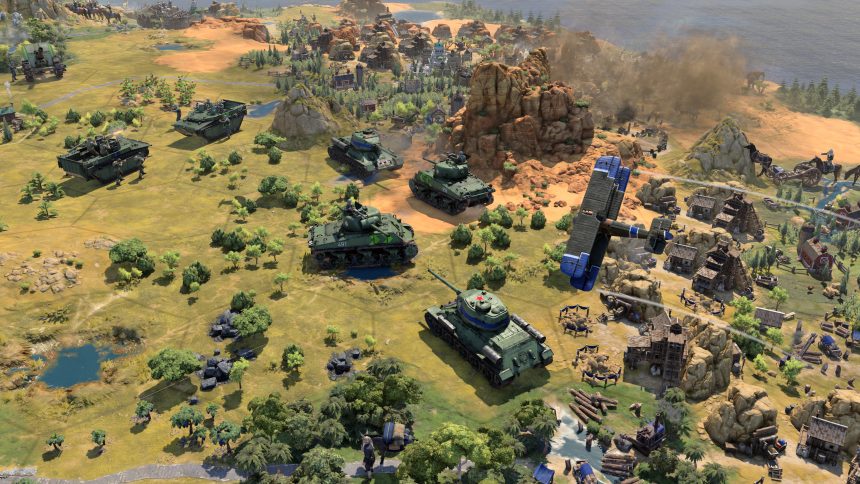Sid Meier’s Civilization 7 is set to revolutionize the established formula of the popular strategy series. Fans who are accustomed to a predictable progression—developing strategies, assembling armies, and managing civilizations—will find that the new installment introduces a significant shift in gameplay dynamics. Firaxis Games, the developer behind the Civilization series, is implementing a novel approach to how matches are paced and progressed, which could alter players’ traditional strategies.
According to an interview with GGRecon, Ed Beach, the creative director for Civilization 7, highlighted the introduction of an “Ages system” as a major change. This system introduces periodic resets in the game, allowing players moments to recalibrate and adjust their strategies. The goal is to enhance pacing, especially in single-player mode, by providing these intervals for players to reassess and strategize, rather than following a linear path.

This new approach will challenge long-time fans who are used to a more consistent and uninterrupted progression. Beach acknowledges that the Ages system might initially be difficult for players to adapt to, but he suggests that it will introduce an element of unpredictability that could lead to more dynamic and varied gameplay experiences.
The Ages system introduces a framework where each game starts in the Age of Antiquity and progresses through different stages, including the Exploration Age and Modern Age. At the conclusion of each age, a Crisis will occur, signaling the transition to the next phase. This mechanic is designed to provide opportunities for players who are lagging behind to catch up and potentially shift their strategies or civilizations, adding a new layer of strategic depth.
Beach also notes that this system allows for creative flexibility in how players approach the game. For instance, players might choose to transition between different civilizations based on their strategic needs or personal preferences, even if it diverges from historical accuracy. This flexibility adds a layer of imaginative role-playing to the game, which the developers embrace as part of the fun.







